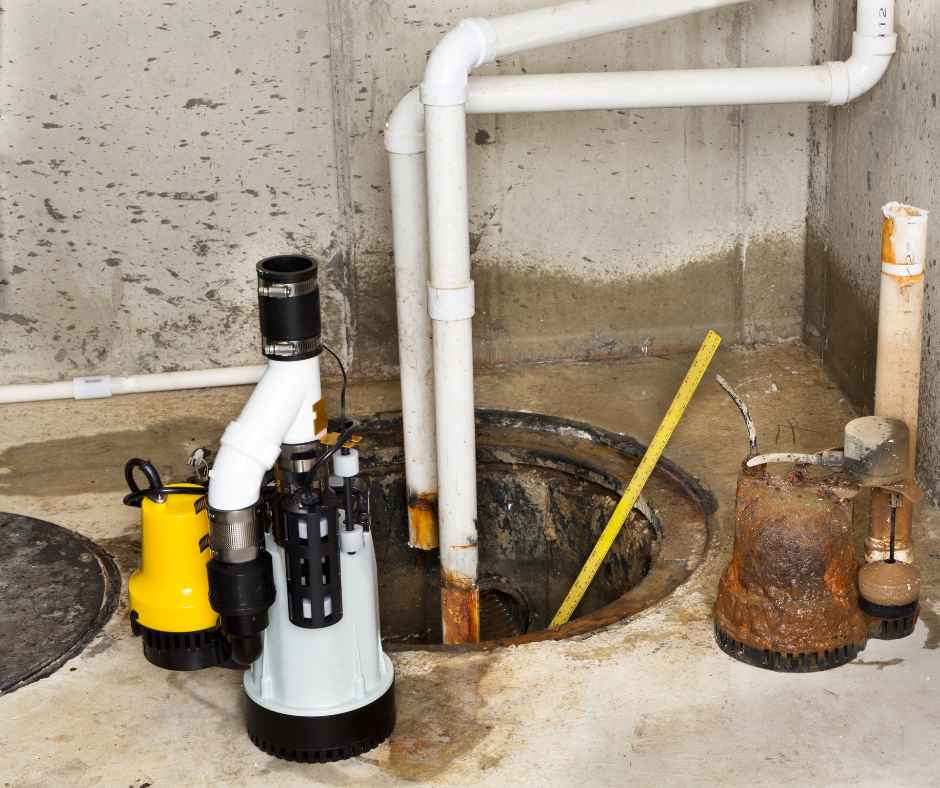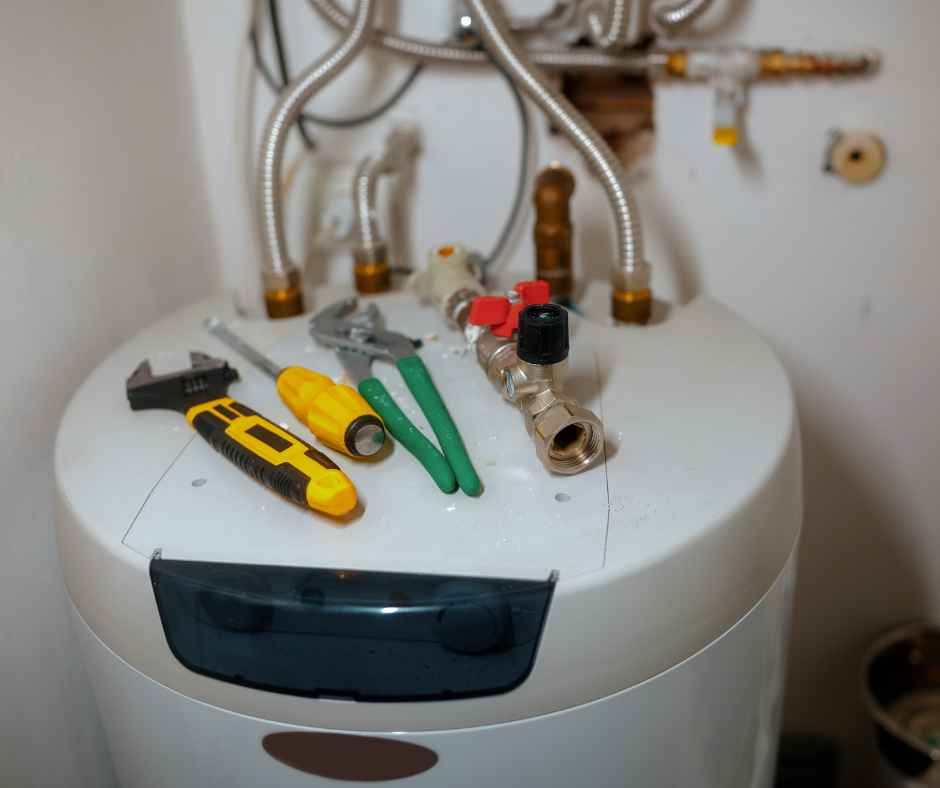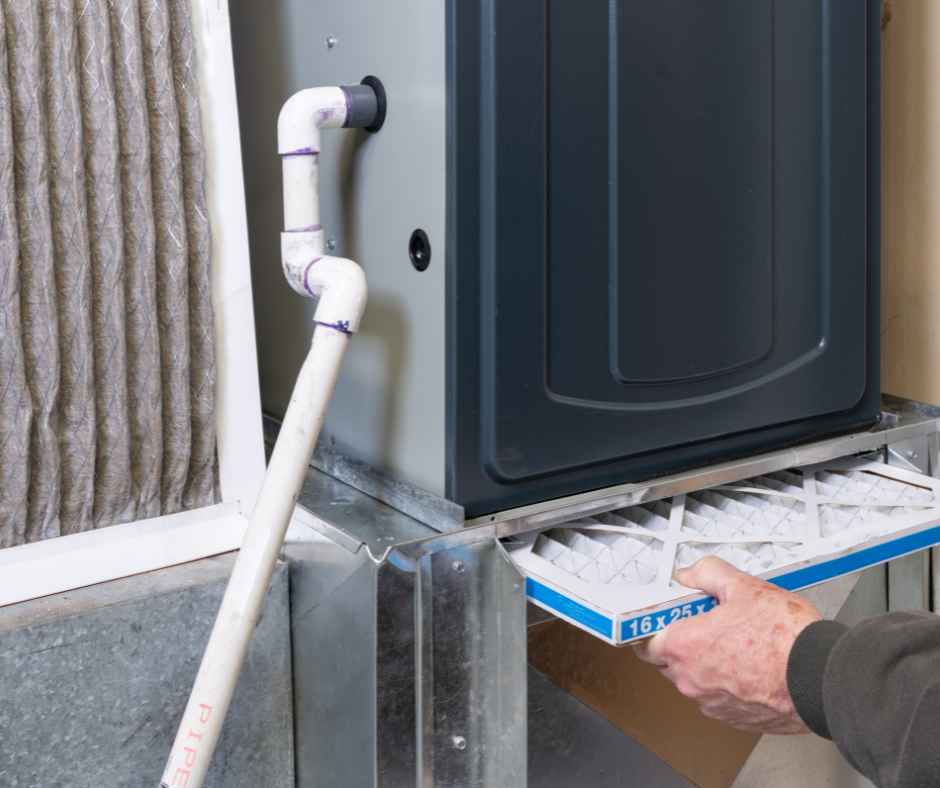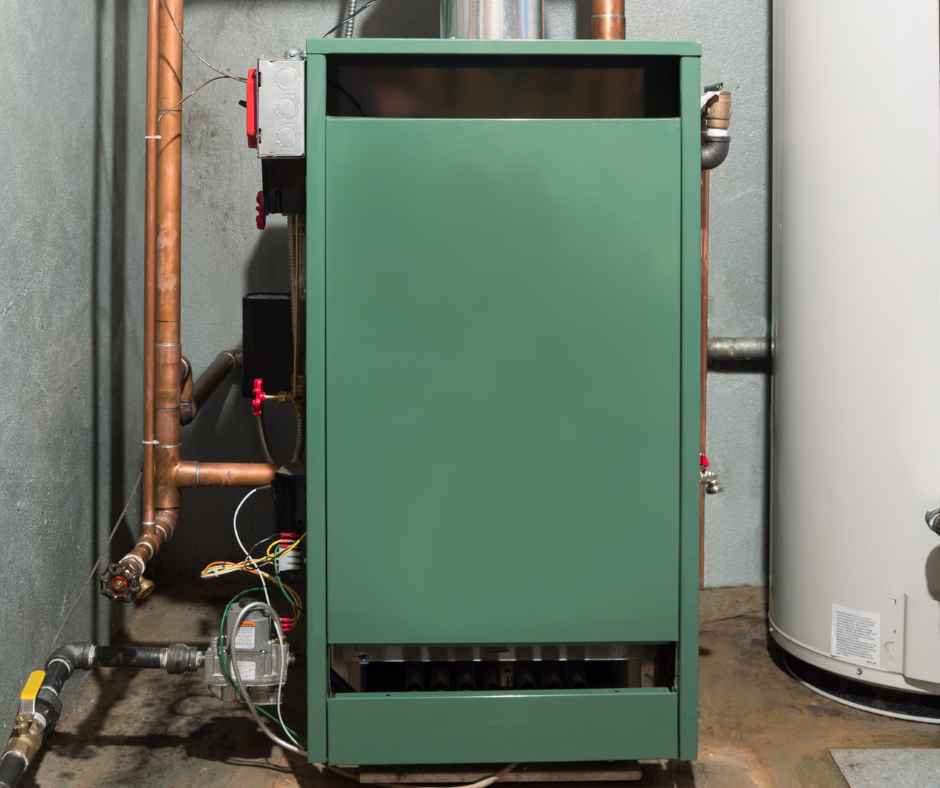0% APR Plus No Payments for 12 Months
on Select New Plumbing & HVAC Systems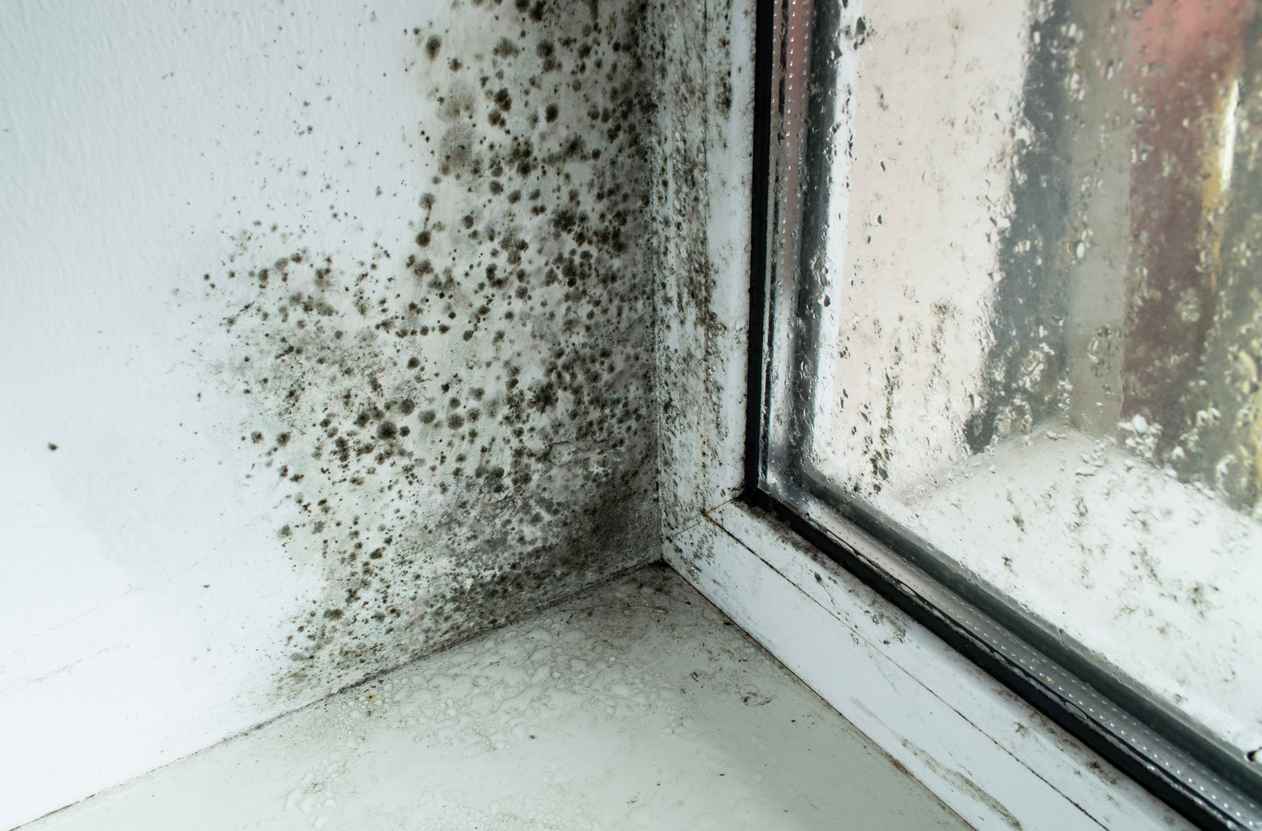
How Can Too Much Moisture Become an Indoor Air Quality Issue?
When it comes to maintaining a healthy home environment, indoor air quality is often overlooked. However, it is crucial to your health and well-being. One of the most significant factors that can negatively impact indoor air quality is excess moisture. Understanding how too much moisture can become an indoor air quality issue and taking steps to control it can prevent health problems and structural damage to your home.
The Relationship Between Moisture and Indoor Air Quality
Moisture is a natural part of the air in our homes. Everyday activities such as cooking, showering, and even breathing contribute to the moisture levels indoors. While some moisture is necessary for comfort, too much can lead to several problems, especially when it comes to indoor air quality.
Excess moisture provides the perfect conditions for mold and mildew to flourish. These fungi emit spores into the air, which can lead to respiratory problems, allergic reactions, and various other health issues. Additionally, high humidity levels can lead to an increase in dust mites, another common allergen that can affect indoor air quality.
Health Impacts of Poor Indoor Air Quality
Poor indoor air quality due to excessive moisture can have several health implications. Mold spores, dust mites, and other allergens can cause or exacerbate respiratory conditions such as asthma and allergies. Symptoms may include coughing, sneezing, eye irritation, and even skin rashes. For individuals with compromised immune systems, the effects can be even more severe.
Additionally, high humidity levels can create an environment where bacteria and viruses thrive, raising the risk of infections. Prolonged exposure to poor indoor air quality can result in chronic respiratory conditions and other serious health concerns.
Structural Damage and Moisture
Beyond health concerns, excess moisture can also cause significant structural damage to your home. Prolonged exposure to high humidity can weaken wooden structures, leading to warping, rotting, and even structural failure. Moisture can also damage paint, wallpaper, and other finishes, resulting in costly repairs.
Furthermore, moisture buildup can harm insulation, diminishing its efficiency and resulting in increased energy costs. Over time, these problems can undermine the structural integrity of your home, making it less safe and comfortable.
How to Control Moisture Levels
Regulating moisture levels in your home is crucial for preserving good indoor air quality. Here are some effective strategies to manage moisture and prevent related issues:
- Use Dehumidifiers: Dehumidifiers are highly effective in lowering indoor humidity levels. They are particularly useful in areas prone to excess moisture, such as basements and bathrooms.
- Ventilation: Make sure your home has adequate ventilation, particularly in areas with high moisture such as kitchens and bathrooms. Exhaust fans can help eliminate excess moisture and enhance air circulation.
- Fix Leaks: Regularly inspect your home for leaks in plumbing, roofs, and windows. Promptly repairing any leaks can prevent moisture buildup and related problems.
- Insulate Properly: Proper insulation can help control indoor humidity levels by preventing condensation on walls and windows. Make sure your home is well-insulated to reduce moisture-related issues.
- Maintain HVAC Systems: Keeping your heating, ventilation, and air conditioning (HVAC) systems well-maintained can effectively control humidity levels and enhance indoor air quality. Change filters regularly and consider using air purifiers to reduce airborne contaminants.
Maintain Healthy Indoor Air Quality with Staton
For all your indoor air quality needs, contact Staton Heating, Cooling & Plumbing. Our team of experts is here to help you create a safe and healthy home. Don’t wait until moisture problems become serious—reach out to us today and breathe easier knowing your indoor air quality is in good hands.


